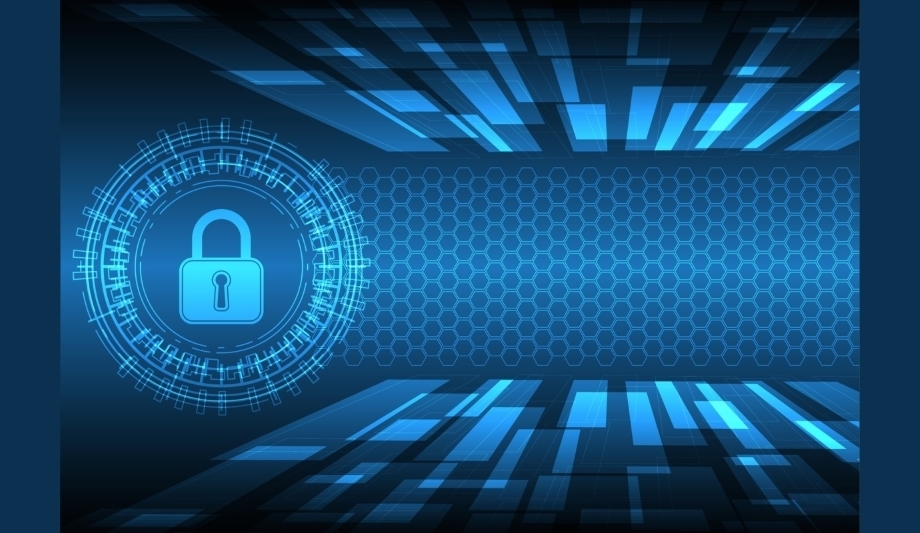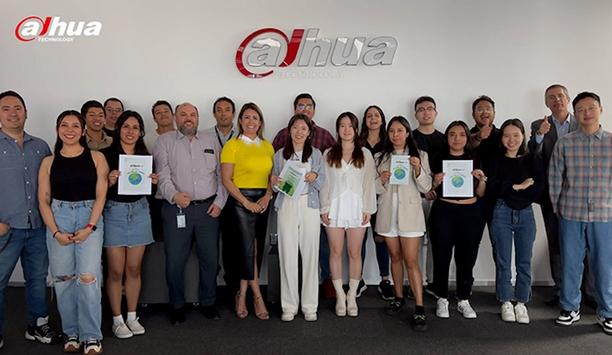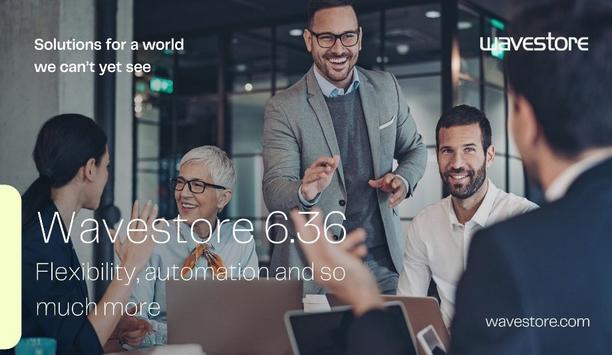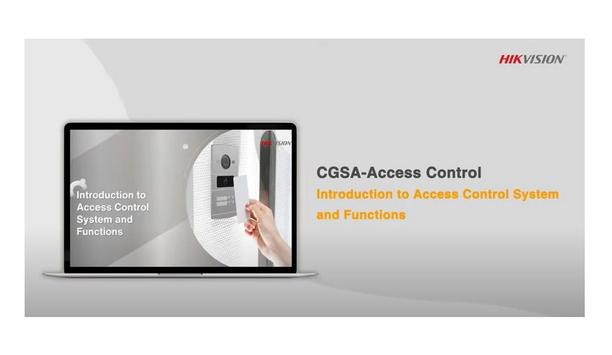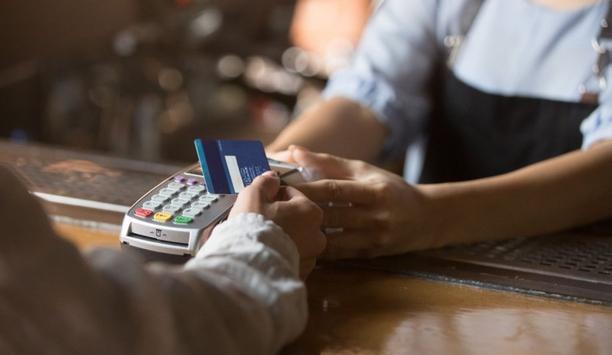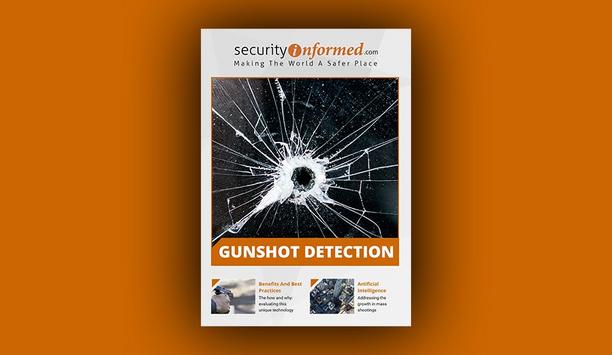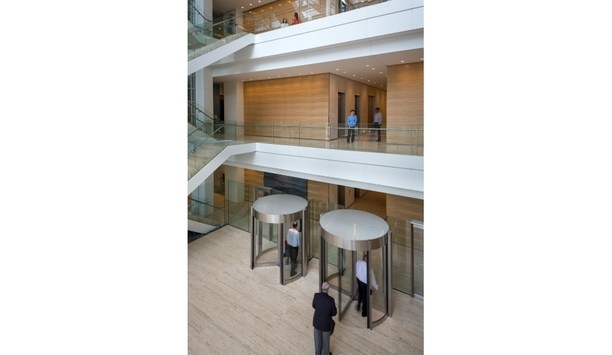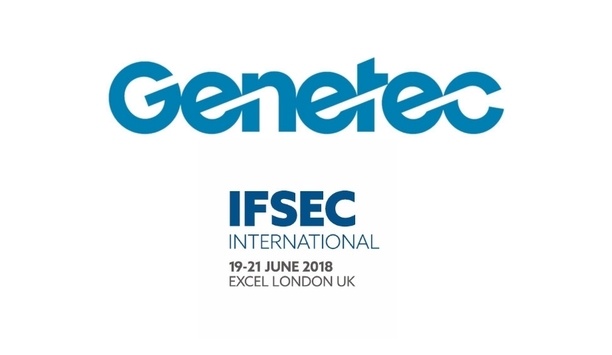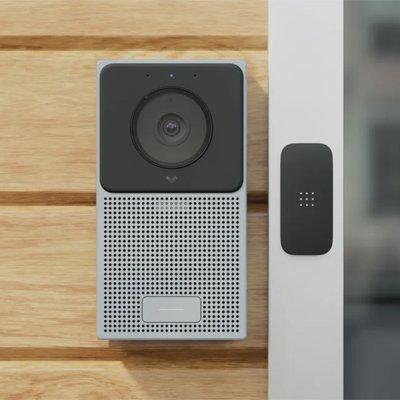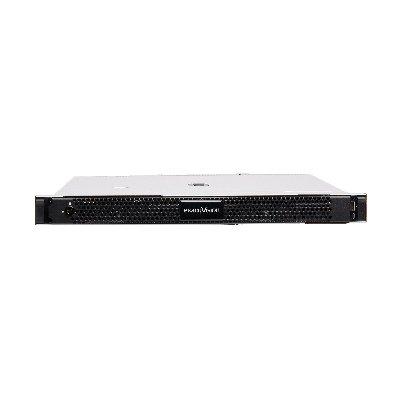At the Munich Security Conference in February 2018, Siemens and eight partners from the industry signed the first joint charter for greater cybersecurity. Initiated by Siemens, the Charter of Trust calls for binding rules and standards to build trust in cybersecurity and further advance digitalization.
In addition to Siemens and the Munich Security Conference (MSC), the companies Airbus, Allianz, Daimler Group, IBM, NXP, SGS and Deutsche Telekom are signing the Charter.
The initiative is further welcomed by Canadian foreign minister and G7 representative Chrystia Freeland as well as witnessed by Elżbieta Bieńkowska, the EU Commissioner for Internal Market, Industry, Entrepreneurship and Small and Medium-sized Enterprises.
Enhanced Data Security
“Confidence that the security of data and networked systems is guaranteed is a key element of the digital transformation,” said Siemens President and CEO Joe Kaeser. “That’s why we have to make the digital world more secure and more trustworthy. It’s high time we acted – not just individually but jointly with strong partners who are leaders in their markets. We hope more partners will join us to further strengthen our initiative.”
In the future, security and data protection functions are to be preconfigured as a part of technologies, and cybersecurity regulations are to be incorporated into free trade agreements
The Charter delineates 10 action areas in cybersecurity where governments and businesses must both become active. It calls for responsibility for cybersecurity to be assumed at the highest levels of government and business, with the introduction of a dedicated ministry in governments and a chief information security officer at companies.
It also calls for companies to establish mandatory, independent third-party certification for critical infrastructure and solutions – above all, where dangerous situations can arise, such as with autonomous vehicles or the robots of tomorrow, which will interact directly with humans during production processes.
In the future, security and data protection functions are to be preconfigured as a part of technologies, and cybersecurity regulations are to be incorporated into free trade agreements. The Charter’s signatories also call for greater efforts to foster an understanding of cybersecurity through training and continuing education as well as international initiatives.
Secure Digital Networks
“Secure digital networks are the critical infrastructure underpinning our interconnected world,” said Canadian foreign minister Chrystia Freeland. “Canada welcomes the efforts of these key industry players to help create a safer cyberspace. Cybersecurity will certainly be a focus of Canada’s G7 presidency year.” The matter is also a top priority for the Munich Security Conference.
“Governments must take a leadership role when it comes to the transaction rules in cyberspace,” said Wolfgang Ischinger, Chairman of the Munich Security Conference. “But the companies that are in the forefront of envisioning and designing the future of cyberspace must develop and implement the standards. That’s why the Charter is so important. Together with our partners, we want to advance the topic and help define its content,” he added.
In a digitalized world, the threats to cybersecurity are steadily growing: According to Gartner, 8.4 billion networked devices were in use in 2017 – a 31% increase over 2016. By 2020, the figure is expected to reach 20.4 billion.
